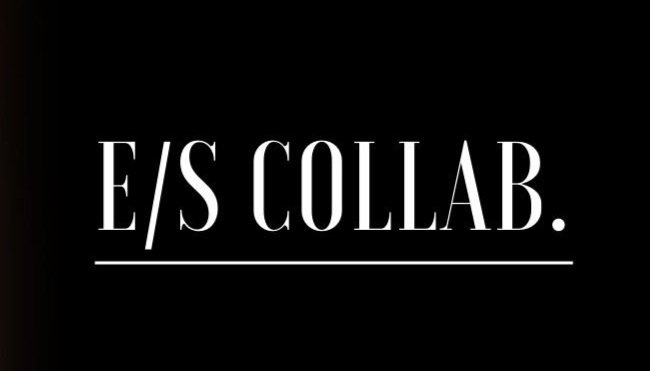Music Licensing 101: Sync vs. Master Licenses
Music is awesome. Music licensing? Not so much. Mostly because it’s tricky business, with a lot of moving parts. Even we get stuck sometimes so here's a quick rundown of how music licensing works and why you should never underestimate the amount of time, effort or cost involved.
Music Licensing In a Nutshell
Music licenses cover everything from how much money you're going to have to pay to use a specific piece of music in your film, to how you’re allowed to use it and who owns the rights to that song. Some common terms or considerations under a music license agreement include:
Whether the license or use in the project is going to be exclusive or non-exclusive;
The length of time that a license is effective for and under what conditions;
The license fee and payment terms; and
The way the music will be used and any restrictions on use.
Note: There are, of course, other terms and each music license varies on a case by case basis, but these are the heavy hitters.
There are 2 sides to a song. Did you know that?
There’s the composition (the musical work that’s been created by the composer/songwriter) and there’s the master recording (the recording of the performance of the composition that might include the percussion, vocals etc. etc.). To analogize, the composition is the underlying rights/work i.e. the script, and the master recording is the actual film, that includes the performers acting out the script, the costumes, the props etc. etc.
There are sync licenses and master licenses. Which one is relevant for you?
Synchronization or Synch Rights. This is the right to “sync” a piece of music over a moving image. For example, if your actors will be performing a particular piece of music on screen, that’s what the sync license is for. Pitch Perfect is an example of this.
If, however, you plan on using the master recording and syncing in a particular scene of your film, then you’ll also need a master license in addition to the sync license. Like for example, at the start of GET OUT, cue Childish Gambino’s “Redbone”.
In order to sync the song, you’ll need permission from anyone and everyone who has ownership rights over the music i.e., the composition owner, and the owner of the recording - and more often than not, there are many people involved).
Cost of Music Licensing
From our experience, music licensing is one of the most consistently under-budgeted items across the board. When you’re licensing tracks, depending on how many owners there are, you’re likely paying each person or entity that has a stake in that piece of music. You’re also paying for the type of use (e.g. Are you using this song over 1 particular scene only? Or do you want it to play over the main title credits? Or do you want to have the flexibility to include in in-context advertising? [side note: some distributors will make this a condition of Delivery]). Depending on how you’re using the music, the quote given to you will vary.
The other variable is the stature of the song and the artist. Are you licensing a Fooies song? Or are you licensing a track that noone’s ever heard of?
Unfortunately there’s no rule of thumb of how much to budget for for music, as it depends on a lot of variables but we suggest getting in touch with a music supervisor at the time of creating your budget to get a rough estimate.
So you want to license a piece of music but you don’t know where to start.
So, there is Songview, which is a helpful start, but it only covers music registered with BMI and ASCAP. Unfortunately, you just need to dig around the internet to get the answers around ownership of the work you’re trying to license. Be mindful that you’ll always need to determine who holds the rights to both the composition and master sides of the song. In our experience, if you can’t find the complete answers by just conducting your own research, if you can find 1 owner and get in touch with them, then they might be able to lead you down the rabbit hole of the song’s ownership structure which will give you a sense of who else you may need to get permission from.
Disclaimer: This post should not be construed as legal, commercial or financial advice and should be used for informational purposes only.
